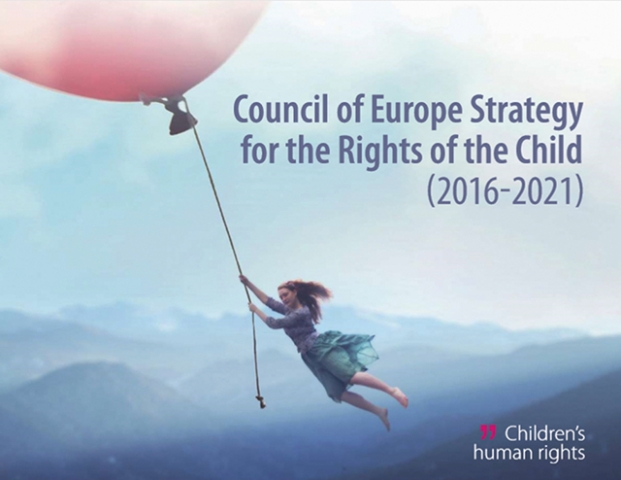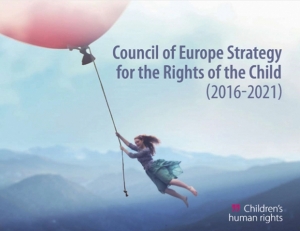Do the European States Do Enough to Protect the Rights of the Child?
A two-day international conference on children’s rights took place in Strasbourg this week in the framework of the French Presidency of the Committee of Ministers of the Council of Europe. It looks at what European states are doing to promote children’s rights protection and what challenges remain.
Marija Pejcinovic Buric, Secretary General of the Council of Europe, and Adrien Taquet, Secretary of State on Child Protection, France, opened the conference.
The Secretary General in her address said there are still “blind spots” in children’s rights protection, “areas where action is insufficient, often because the issues are controversial and those in power are uncomfortable dealing with them”. Among such “taboo” issues are children who are perceived as a danger to society: minors in conflict with the law, those growing up in radicalized families or children sexually harming their peers. How to treat and protect both the victims and the aggressors who first and foremost need support, but are often deprived of liberty and face criminal justice systems designed for adults is a particularly difficult question to answer.
“Where protection systems fail, this must be acknowledged”, Pejcinovic Buric stressed, talking about institutional violence, i.e. abuse of children in places where they should feel safe to live, learn and pursue hobbies and sports.
Giving children courage to speak up about such cases is the key message of the Council if Europe’s campaign “Start to Talk” against child sexual abuse in sports. As part of the Conference, on 14 November, the French Minister of Sports, Roxana Maracineanu, announced the launch of the campaign in France.
Other high-level speakers at the conference included Liliane Maury Pasquier, President of the Parliamentary Assembly of the Council of Europe; Linos-Alexandre Sicilianos, President of the European Court of Human Rights; Dunja Mijatovic, Commissioner for Human Rights of the Council of Europe; Ásmundur Einar Daðason, Minister of Social Affairs and Children of Iceland; Elena Bonetti, Minister for Equal Opportunities and Family of Italy; Kasimierz Kuberski, Under-Secretary of State, Ministry of Family, Labour and Social Policy of Poland and Najat Maalla M’jid, Special Representative of the United Nations Secretary General on Violence against Children.
The conference brought together some 300 participants, including government representatives, members of parliament, child rights defenders, other experts, as well as children who are taking active part in the conference as young delegates acting as “challengers” in “Power Talks”, an innovative format of dynamic debates on a range of thought-provoking issues.
Other issues that require an adjustment of laws and policies and that were discussed at the conference include safeguarding child activism as an expression of children’s right to participate in decisions concerning them; ensuring that children do not become a bargaining chip in the acrimonious separation of parents; and effectively protecting children from online crimes.
A report presenting the mid-term evaluation of the Council of Europe’s Strategy for the Rights of the Child 2016-2021 was presented at the event, the five priority areas of the Strategy being equal opportunities, participation, a life free from violence, child-friendly justice and the rights of the child in the digital environment.












